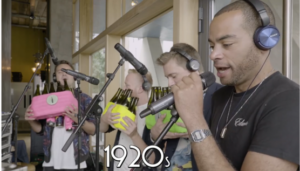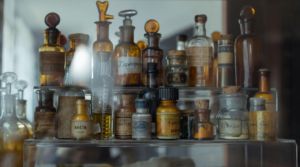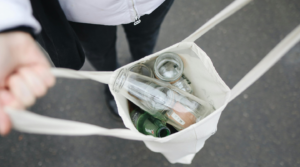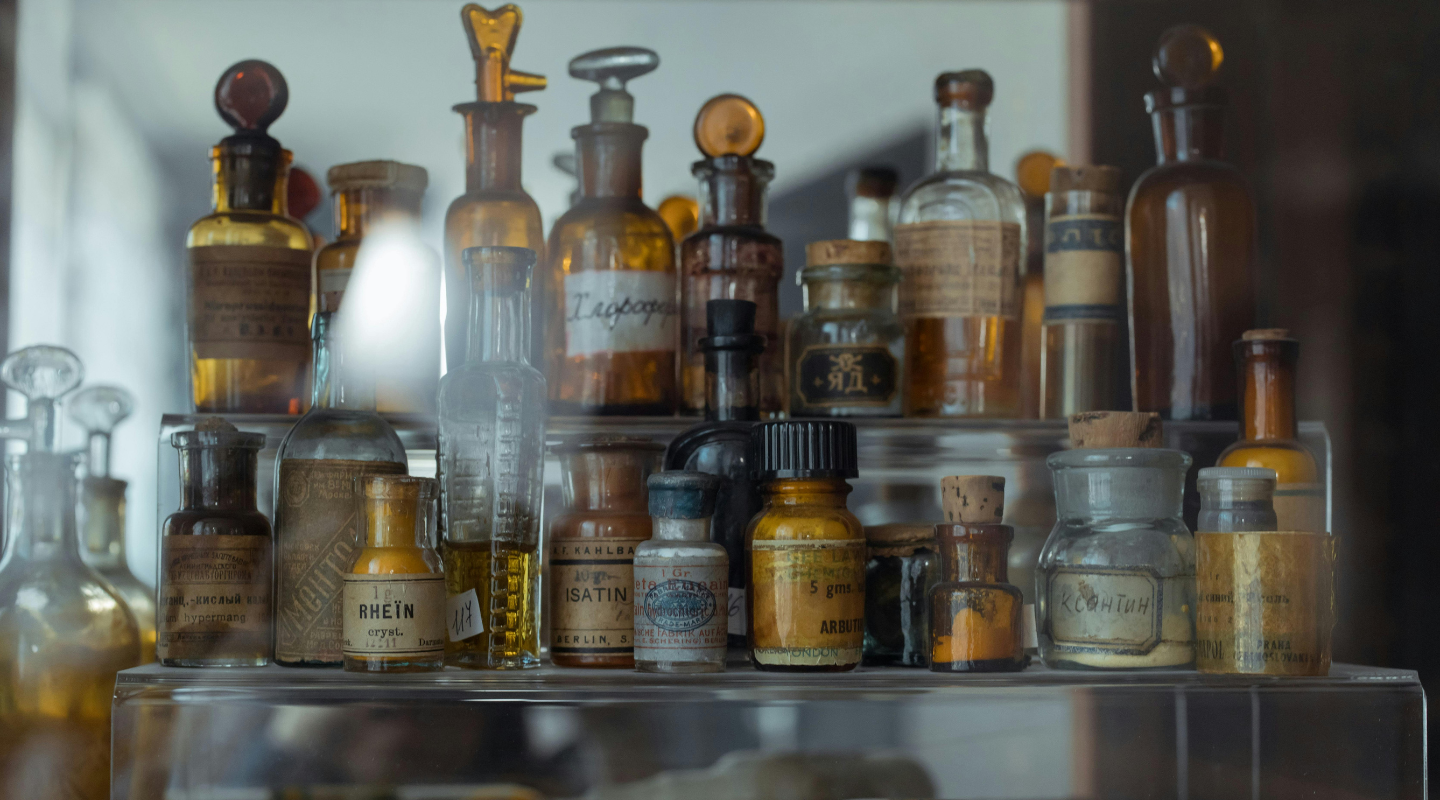1. The glass in your cupboards and fridge contain up to 68% recycled glass already
British Glass collects data directly from manufacturers about how much recycled material goes into the containers they produce. In 2016 the average recycled content for bottles and jars made in the UK was 38.5%, and green glass such as wine and beer bottles averaged 68.1%. Getting the right colour and the relative supply and demand means those amounts fluctuate over days, weeks and months (so you won’t see a figure stated on the label). But the data is there: the glass we recycle really does go back into new bottles and jars.
2. Brands and retailers are demanding more recycled and recyclable packaging
Ethical responsibility, public pressure, legislation and plain economic sense all mean that brands and retailers are actively increasing the sustainability of their packaging. Many companies now have clear targets – for example M&S Plan A and Co-Op’s packaging sustainability ambitions. That in turn means they’re asking their suppliers to use more recycled material wherever possible. That’s no problem for glass because…
3. Glass manufactures want to use more recycled glass
Throughout history glass makers have known that not only can glass be remelted any number of times, but the quality of glass is even better when existing glass is melted in with the basic raw materials of sand, limestone and soda ash. Now we also know that using recycled glass reduces the energy needed to melt the ingredients for new glass, and reduced CO2 emissions (each tonne of raw materials replaced by recycled glass saves 246kg of CO2 emissions). That’s why recycling is good for the environment. It’s also why increasing use of cullet is a priority for the UK glass manufacturing industry as they contribute to helping the UK meet its legally binding CO2 reduction targets.
4. Putting glass in general waste costs your local area cash
General household waste – the stuff we put in our ordinary rubbish – is increasingly expensive to get rid of. Your local authority has to pay money to send this to landfill, or for incineration. Properly sorted recyclable material, costs them way less and can even bring in some money. For example, in 2016 Leeds City Council estimates 15,000 tonnes of glass ended up in household general rubbish, and disposing of this cost the council £1.5m. That’s money that could have been better spent on other local services.
From factory that makes your glass containers, to whats in your fridge – there’s proof and good reasons at every stage that organisations are doing all they can to collect, process and recycle glass. But we all need to make sure there’s enough glass in the recycling chain to make all this practically and economically feasible. So it’s up to each of us to recycle all we can, and encourage others too.





